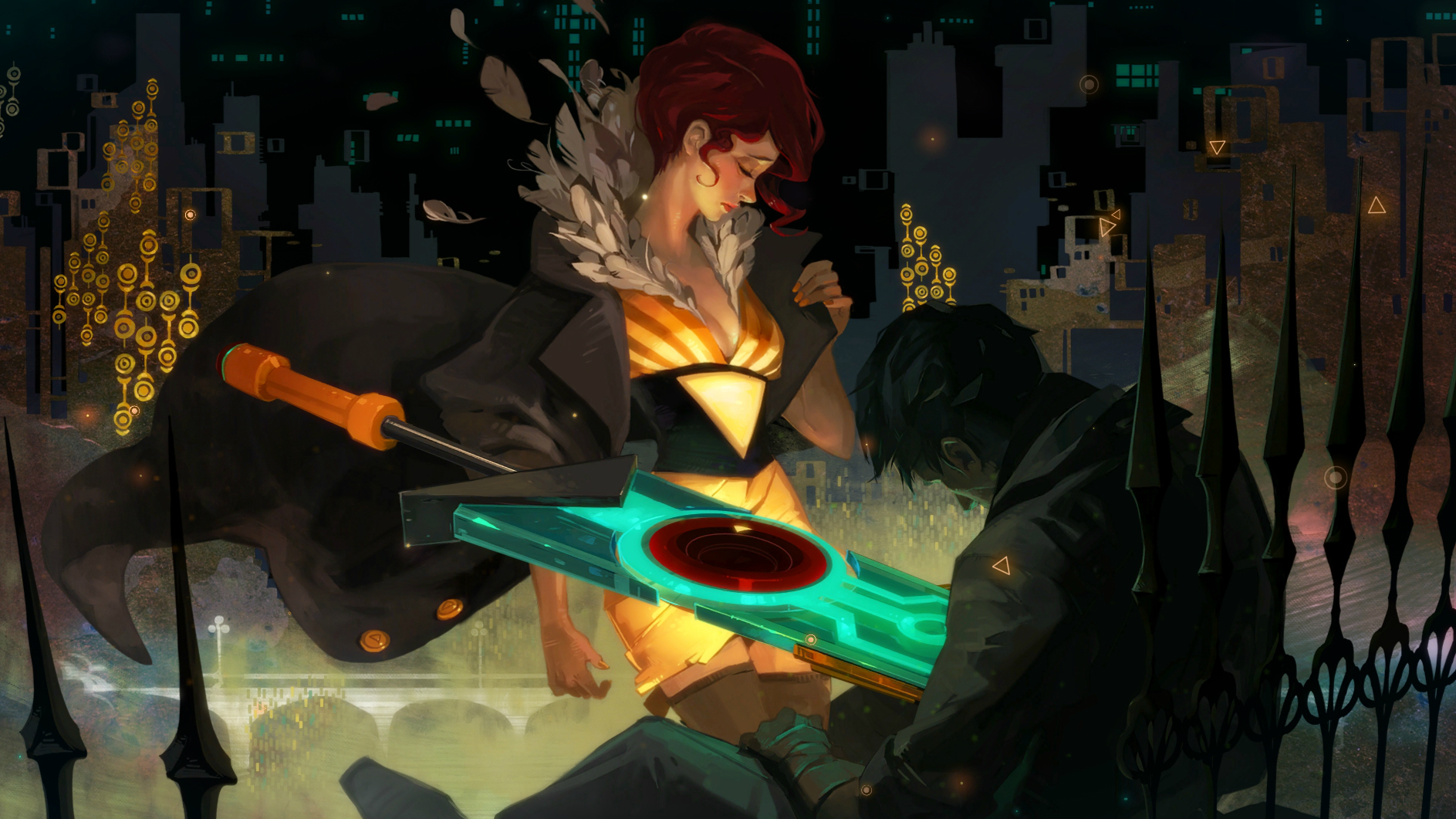Transistor electrifies, Star Wars: Attack Squadrons powers down, Oculus Rift lands in hot water
X-Wing dreams fall apart

Disney has killed Star Wars: Attack Squadrons. Porkins, we're pouring one out for you.
Area 52 Games' free-to-play game, which let us command and customise some of the franchise's most iconic ships, entered closed beta back in January.
And with the chance to partake in 16-player dogfights, who wasn't excited at the prospect of a full release?
But alas, Disney believes the attention needs to be put on other projects right now, and so the space combat game has gone the way of Alderaan.
"After much consideration, we have decided to cease development so that we can focus on other Star Wars game experiences," it wrote in an announcement. "We truly appreciate the time you spent engaging in the beta."
At least we've still got Battlefront. Oh God, please don't take Battlefront away from us.
All robots must die
Bastion was great. Really great. Which is why we've been super pumped for Supergiant Games' second title, Transistor.
Get daily insight, inspiration and deals in your inbox
Sign up for breaking news, reviews, opinion, top tech deals, and more.
I mean, just check out the Portishead vibes in that soundtrack…
Good thing that the game didn't disappoint, then. Set against the futuristic city of Cloudbank, Transistor has enchanted us with its gorgeous art direction and rewarding combat system.
GamesRadar said: "Transistor's clever combat and incredible customization makes for an intensely fun strategy game, but the world and story leave much to be desired. Come for the art and wonderful soundtrack, stay for the ability to freeze time and slash up robots."
CVG's verdict was similar: "Bewitchingly beautiful with sharp writing and charming character, but its underpinning gameplay doesn't take the same steps forwards"
Troubling vision
Just when a Facebook buyout had seemingly secured the future of the Rift, Oculus VR and founder Palmer Luckey have found themselves up against a rather nasty lawsuit.
The suit was filed by ZeniMax Media and its subsidiary id Software, John Carmack's former employer, and claims that Oculus VR stole "intellectual property, including trade secrets, copyrighted computer code, and technical know-how relating to virtual reality technology that was developed by ZeniMax after years of research and investment."
An Oculus spokesperson told TechRadar: "The lawsuit filed by ZeniMax has no merit whatsoever. As we have previously said, ZeniMax did not contribute to any Oculus technology. Oculus will defend these claims vigorously."
We expect it will. Still, Oculus has enough obstacles to deal with in its run up to launch, this certainly isn't going to make things any easier.
TechRadar's Michael Rougeau said, "Will ZeniMax's suit against Oculus VR stop virtual reality development in its tracks? There's virtually no chance. But it will be a shame if it delays the future that gamers have been already been forced to wait for."
Even Samsung might beat Oculus to the punch...
Hugh Langley is the ex-News Editor of TechRadar. He had written for many magazines and websites including Business Insider, The Telegraph, IGN, Gizmodo, Entrepreneur Magazine, WIRED (UK), TrustedReviews, Business Insider Australia, Business Insider India, Business Insider Singapore, Wareable, The Ambient and more.
Hugh is now a correspondent at Business Insider covering Google and Alphabet, and has the unfortunate distinction of accidentally linking the TechRadar homepage to a rival publication.
